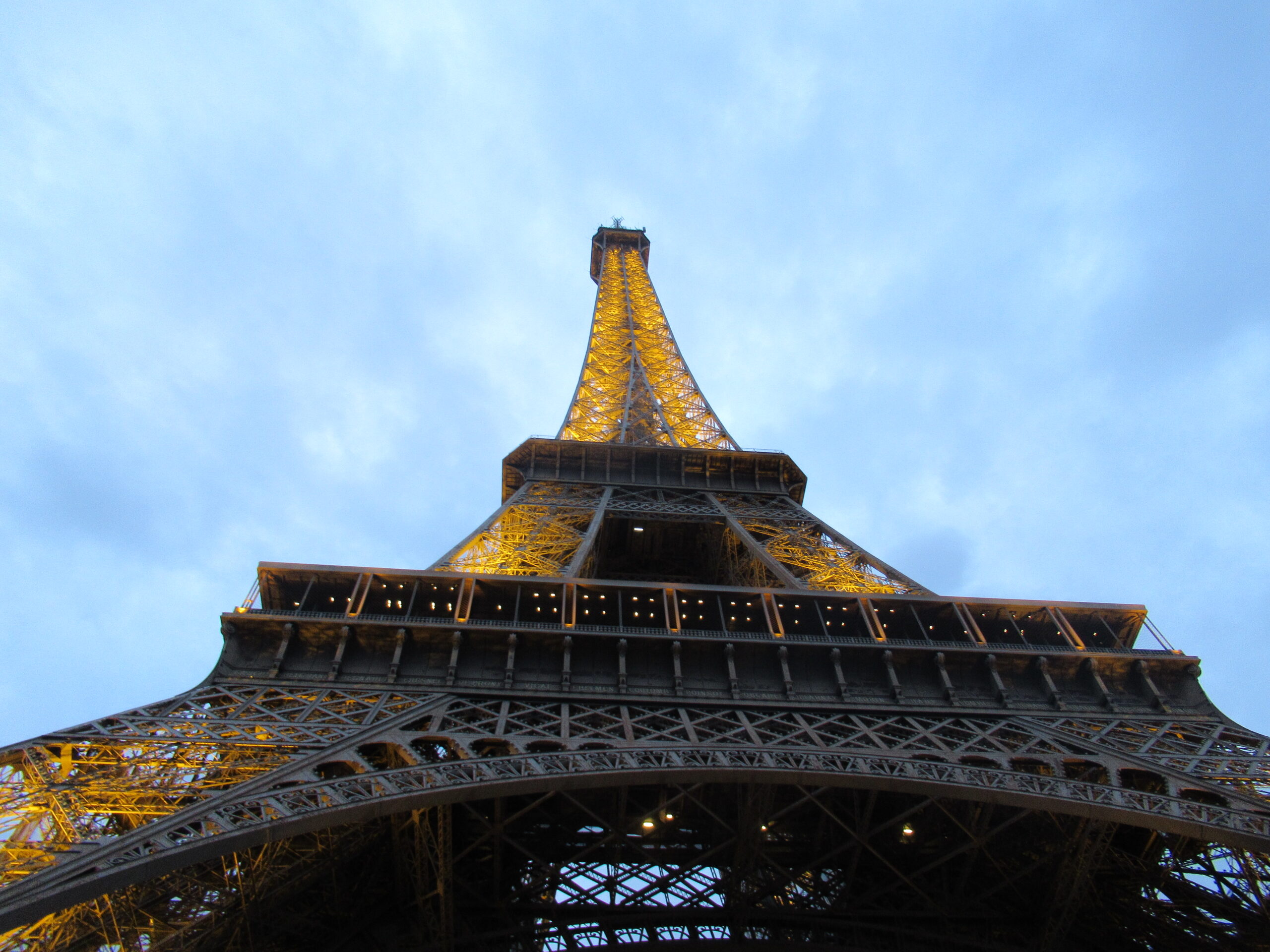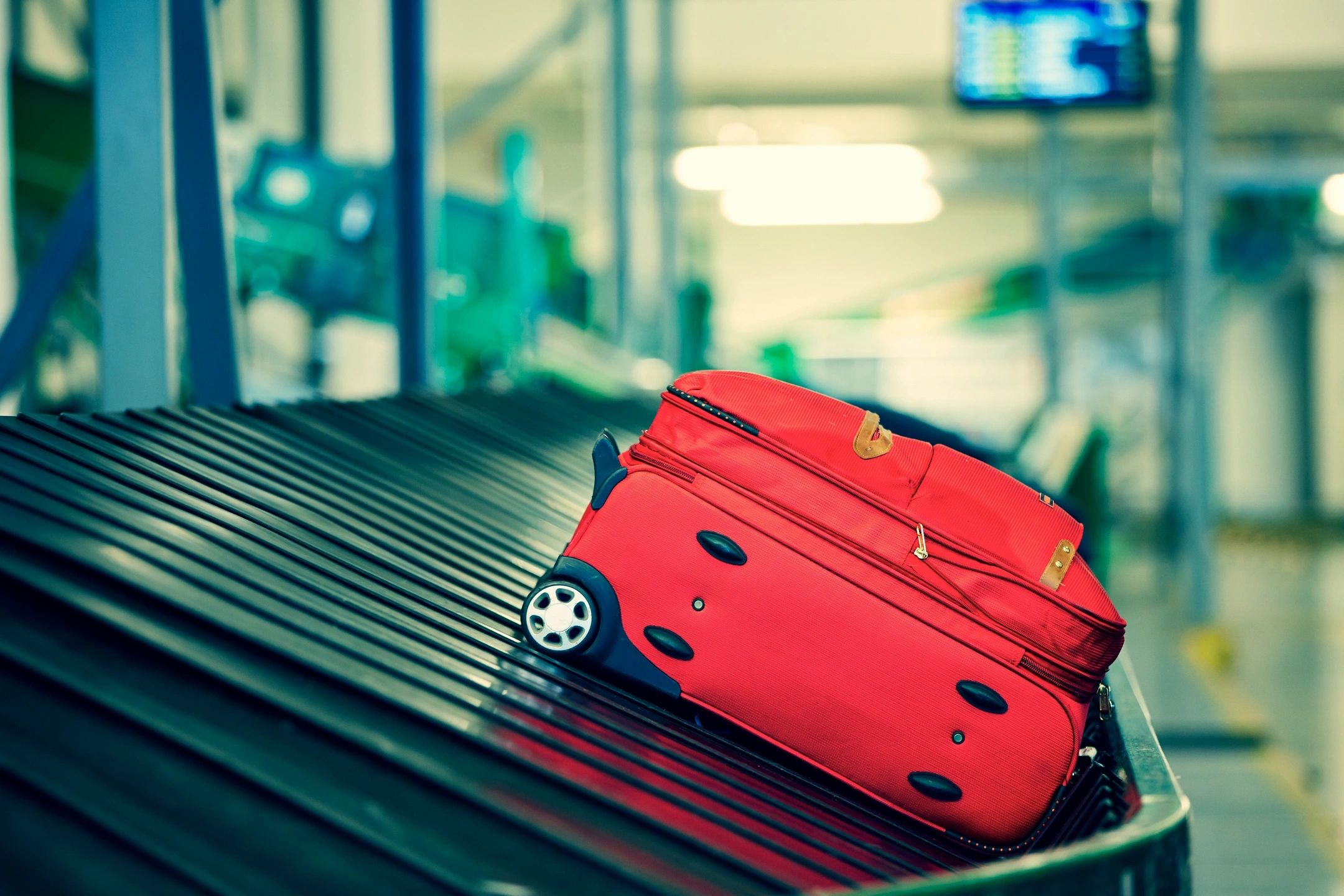My first blogged trip.
Paris, France.
Granted, this is a pre-pandemic experience, several years old. Nevertheless, whenever I go through my travel journal for that visit, I still find it fun to read. Good fodder for blogging.
So why Paris? The usual reasons to visit the place apply. (“Fantastic place,” “City of Light,” a “Cultural Mecca”). And amazingly enough, although I had never been to France, I had lots of native French speakers in my circle of friends when I was younger, and can speak French.
My first step, as always, is to read a little history. How did Paris come to be Paris?
As large European-oriented cities go, New York, where I was born, and Paris, where I was going, have much in common: By necessity, each has a large, complicated local government, a significant financial industry, a kind of hubris about themselves.
Our knowledge of the land that became Paris begins with records of the pre-Roman Parisii tribe. Like the early Europeans who settled New York, the happy location near navigable water made it a business hub. The Seine and its tributaries provided an effective transportation system for commerce that reached into the areas of modern Northern France and Germany. The inhabitants were inclined to make money, not war, and cleverly managed to stay out of everyone’s way while they did so, very much like New York, which was settled by Europeans as a company town for the Dutch West India Company.
By the time Julius Caesar reached the spot around 250 B.C., it was a decent sized place. The Romans named it “Lutetia,” Latin description for a “place near a swamp.” The inhabitants were fierce, protective, and organized. The battle for Gaul took many more years than anticipated and cost many more lives than expected. Typical of the ancient Romans, they ruthlessly fought and killed the native resistance. But once conquered, also in typical Roman fashion, those left standing became citizens of the far reaching Roman Empire. It was the Roman compulsion for construction which led to the first major rebuilding of Paris. Over the centuries, Paris would be built, then rebuilt, then rebuilt again, each time moving closer to today’s modern city.
One thing hard to miss in all of my readings about Parisian history is the clear love all of the authors have for the place. Paris is not just beautiful, but magnificently beautiful, they write. Parisians are not just well dressed, but dressed in the highest fashion. Paris is not just romantic, but the epitome of what it means to be a romantic city.
So I approach Paris with a certain amount of excitement, but also a great sense of curiosity. What is this place really like?
For the record, these are some history books I read preparing for my trip to Paris. All of them are highly readable.
Joan E. DeJean, How Paris Became Paris: The Invention of the Modern City
Alastair Horne, Seven Ages of Paris: Portrait of a City
Andrew Hussey, Paris: The Secret History
Rupert Christiansen, City of Light: The Making of Modern Paris



